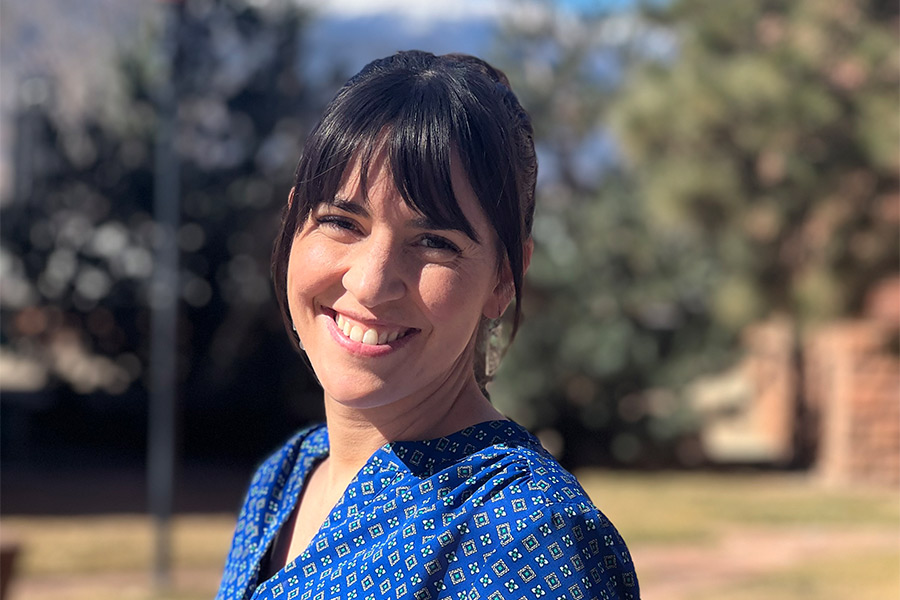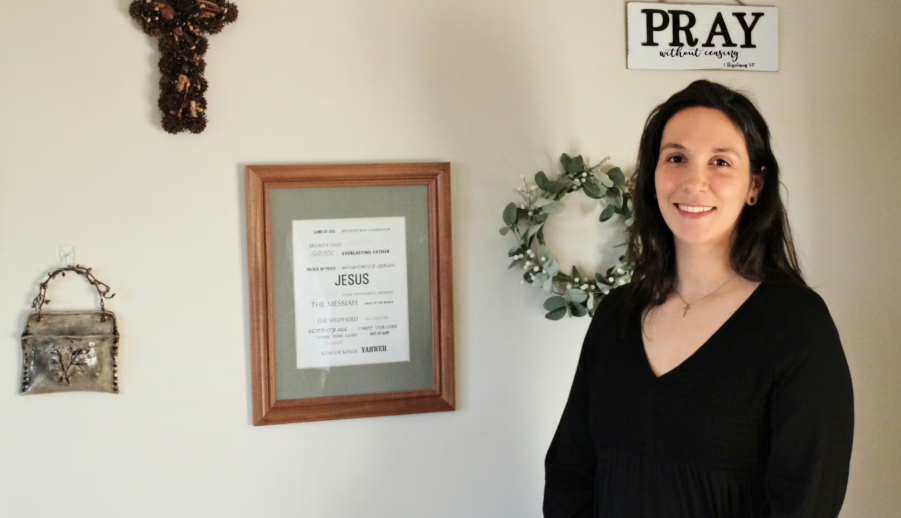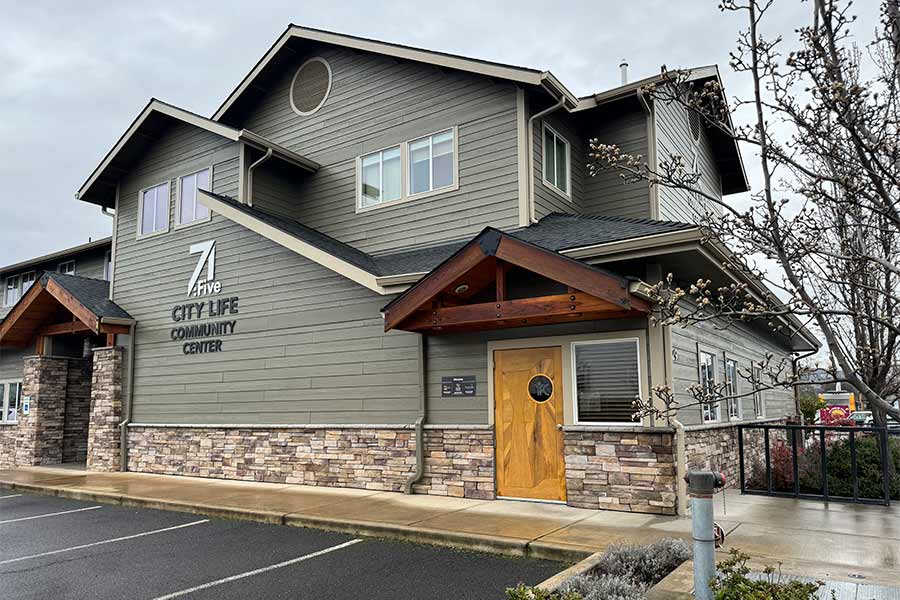Chiles, a Christian, views her career as an outgrowth of her faith. She believes that people flourish when they live consistently with God’s design for marriage and sexuality. Many of her clients seek her counsel precisely because their faith matters to them and they desire counseling that will help them align their life goals and behavior, including their sexuality, with their convictions. However, Colorado’s law forbids consensual counseling conversations that provide opportunity for a person to reconsider or change their same-sex attraction or resolve their gender-identity conflict. Kaley, represented by Alliance Defending Freedom, is asking the Supreme Court to overturn the lower court rulings that upheld Colorado’s law by determining that it regulated “conduct” and not “speech.” Kaley argues that any conversation within the counseling context is speech, and by regulating her speech, Colorado’s law violates both her First Amendment rights of free speech and exercise of religion.
Some quotes from the brief:
Under the guise of preventing harm from so-called “conversion therapy,” Colorado law manipulatively prevents counselors from providing the counsel that many minor clients need and desire. In order to advance its own policy interests and steer its youth toward the State’s predetermined goals, Colorado controls the viewpoint and perspective of counseling its youth are able to request and receive. (p.2)
Colorado’s law denies its youth struggling with sexuality and gender identity issues the opportunity to evaluate and access any and all treatment options available to help them resolve their conflict. It does not recognize an individual’s right to self-direct, nor does it acknowledge the unique needs that clients have. Indeed, there is no value assigned to individual freedoms or personal viewpoints at all. Instead, the purpose of the law is to mandate and advance a policy interest of the State by controlling and steering its vulnerable youth toward the goal set by the State. (p.13)
Colorado’s law prevents therapists from engaging in exploratory talk therapy for vulnerable youths dealing with sexual and/or gender identity issues and questions, thus blocking valuable therapeutic help and opening them to potentially grave harms. This law restricts therapists from helping clients who want to explore their self-identification of sexual orientation or gender lest it seem to challenge or encourage the client to consider an alternate understanding of themselves. This leaves vulnerable youths, much in need of such encouragement and exploration, without authentic help and informed guidance. (p.14)
The State makes no allowance for youths with deeply held moral convictions that might differ from the State’s imposed secularism. Religiously-motivated youth should be free to receive counseling that respects and incorporates their worldview, if they so choose, to help them navigate their moral congruence with their sexuality, self-understanding, and life choices. Coming to an understanding of one’s faith, spirituality, and religious convictions is also an important part of adolescent identity development, but the State does not acknowledge this at all. Instead, it demands that even religiously committed youth privilege their experiences of sexuality or gender identity over their spiritual convictions and forbids counselors from helping them to work towards moral congruence. In doing so, the State is seeking to impose its own amoral value system on minors. (p.21)
That Colorado places an undue burden on religious believers is evident in that any sexual and gender identity exploration is permissible and discussable within the counseling context except that which explores change motivated by religious conviction or conscience. (p.22)




